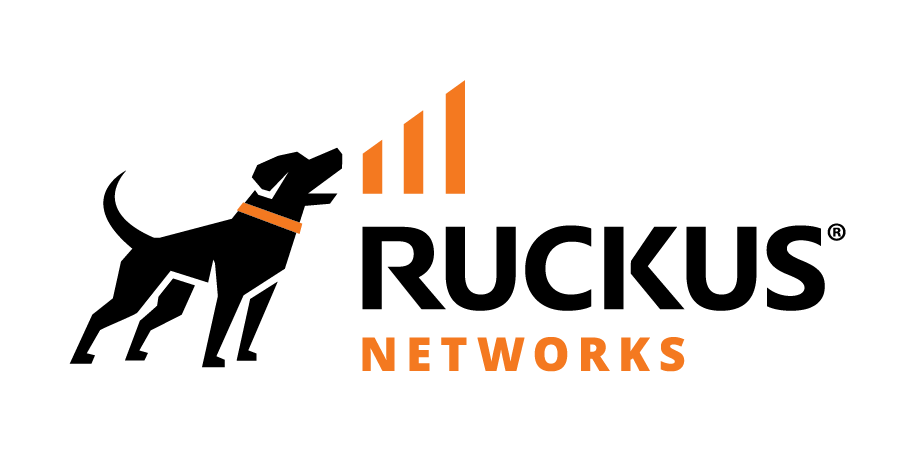This website uses cookies. By clicking Accept, you consent to the use of cookies. Click Here to learn more about how we use cookies.
- Community
- RUCKUS Technologies
- RUCKUS Lennar Support
- Community Services
- RTF
- RTF Community
- Australia and New Zealand – English
- Brazil – Português
- China – 简体中文
- France – Français
- Germany – Deutsch
- Hong Kong – 繁體中文
- India – English
- Indonesia – bahasa Indonesia
- Italy – Italiano
- Japan – 日本語
- Korea – 한국어
- Latin America – Español (Latinoamérica)
- Middle East & Africa – English
- Netherlands – Nederlands
- Nordics – English
- North America – English
- Poland – polski
- Russia – Русский
- Singapore, Malaysia, and Philippines – English
- Spain – Español
- Taiwan – 繁體中文
- Thailand – ไทย
- Turkey – Türkçe
- United Kingdom – English
- Vietnam – Tiếng Việt
- EOL Products
Turn on suggestions
Auto-suggest helps you quickly narrow down your search results by suggesting possible matches as you type.
Showing results for
- RUCKUS Forums
- RUCKUS Technologies
- ZD
- Re: Why do APs rely on the ZD to be up to function...
Options
- Subscribe to RSS Feed
- Mark Topic as New
- Mark Topic as Read
- Float this Topic for Current User
- Bookmark
- Subscribe
- Mute
- Printer Friendly Page
Why do APs rely on the ZD to be up to function?
Options
- Mark as New
- Bookmark
- Subscribe
- Mute
- Subscribe to RSS Feed
- Permalink
- Report Inappropriate Content
05-02-2014 06:55 AM
Hi,
I'm wondering why APs break if they lose contact to the Zonedirector? I would have thought they'd be able to run independently, perhaps minus some features if a problem with the Zonedirector occurred?
Can anyone explain the tech reasons an AP relies on the ZD?
Thanks
Jamie
I'm wondering why APs break if they lose contact to the Zonedirector? I would have thought they'd be able to run independently, perhaps minus some features if a problem with the Zonedirector occurred?
Can anyone explain the tech reasons an AP relies on the ZD?
Thanks
Jamie
2 REPLIES 2
Options
- Mark as New
- Bookmark
- Subscribe
- Mute
- Subscribe to RSS Feed
- Permalink
- Report Inappropriate Content
05-02-2014 07:13 AM
The Autonomous WLAN feature in 9.7 provides exactly that (ability to provide limited WLAN service in a controller outage) but as you expect - features are limited.
A controller-based WLAN network operates as a distributed processing network - AP's handling what they do best, and controllers coordinating among them.
The reason the AP's "fail closed" instead of "fail open" is due to both technology and policy. The controller has the full state information for the network (like DPSK's in use) - and the APs do not - they have to "ask" the controller what is allowed and what is not. So the options to provide security in such situations are limited. You wouldn't want your carefully protected enterprise network to suddenly switch to open access in such an event.
Note that you can also increase the time before the AP's will re-boot and try to re-connect to the controller. During that time they will preserve existing connections but not allow any new ones. But this also delays the recovery time for transient outages.
A controller-based WLAN network operates as a distributed processing network - AP's handling what they do best, and controllers coordinating among them.
The reason the AP's "fail closed" instead of "fail open" is due to both technology and policy. The controller has the full state information for the network (like DPSK's in use) - and the APs do not - they have to "ask" the controller what is allowed and what is not. So the options to provide security in such situations are limited. You wouldn't want your carefully protected enterprise network to suddenly switch to open access in such an event.
Note that you can also increase the time before the AP's will re-boot and try to re-connect to the controller. During that time they will preserve existing connections but not allow any new ones. But this also delays the recovery time for transient outages.
Options
- Mark as New
- Bookmark
- Subscribe
- Mute
- Subscribe to RSS Feed
- Permalink
- Report Inappropriate Content
05-05-2014 02:58 AM
Hi Keith,
Thanks very much for the information. I'll look into the autonomous WLAN feature and the reboot time.
Thanks
Jamie
Thanks very much for the information. I'll look into the autonomous WLAN feature and the reboot time.
Thanks
Jamie
Labels
-
DHCP
1 -
IP lease
1 -
license snmp
1 -
Proposed Solution
1 -
Ruckus
1 -
server
1 -
VLAN
1 -
wap
1 -
zone director
1 -
ZoneDirector
1

